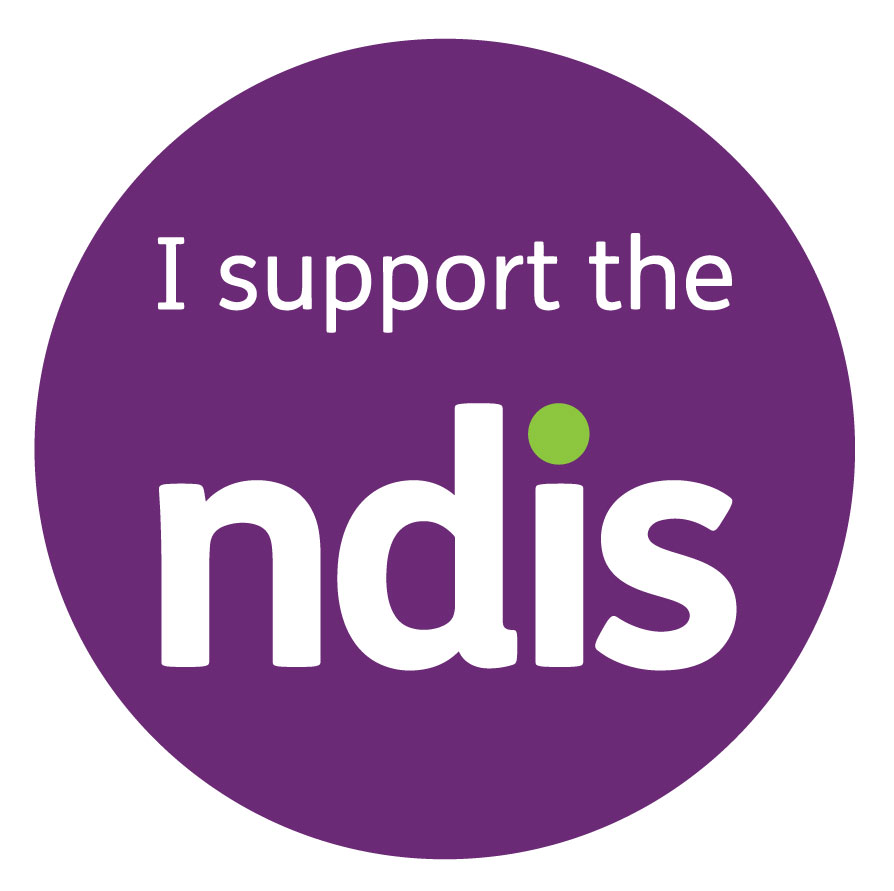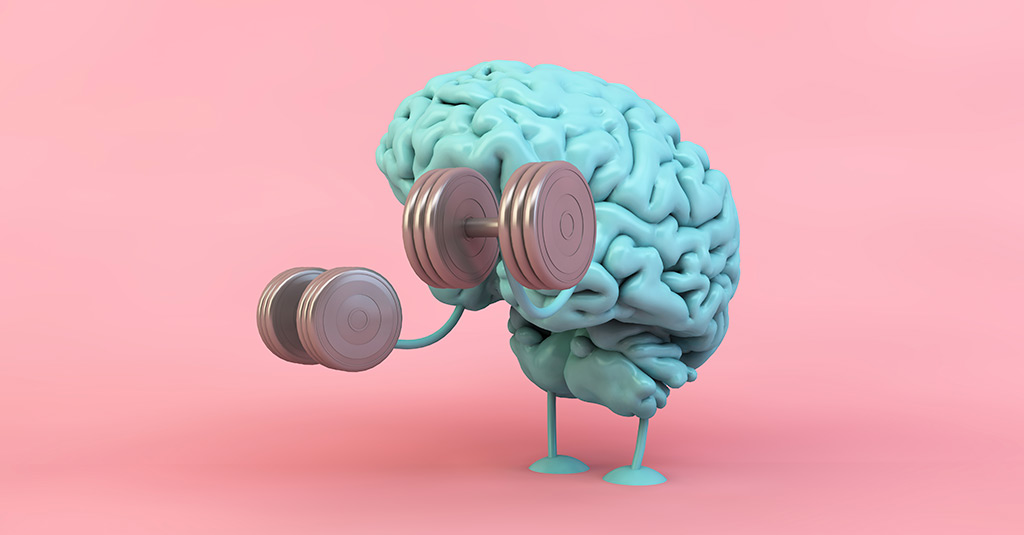

National Disability Insurance Scheme
(NDIS) – Psychology Support.
Neurodivergence, and people who have a diagnosis of Autism Spectrum Disorder (ASD), ADHD, Intellectual Disability, communication, and/or learning disabilities can have to differences in how they learn, socialise, pay attention, and view the world.
I have a decade of experience working in the disability sector, and I have specific training working to support neurodivergent children and adults as well as individuals living with a psychosocial, genetic and/or physical disability.
People who fall under the neurodivergent population may also have a co-occurring psychosocial disability such as depression or anxiety. Studies suggest that people living with ADHD and/or autistic adults are much more likely to experience mental health challenges. That’s where NDIS Psychology support and services can be helpful. A NDIS trained Psychologist can help neurodivergent individuals be heard, heal, understand and self-advocate.
I understand that certain diagnoses can result in emotional, sensory and behavioural challenges, so when working with participants of the NDIS I not only work closely with the individual, but also their family, as well as any other NDIS providers to achieve positive outcomes.
If you have “Improved Daily Living” or “Core” Funding in your current NDIS plan, and are “Self-Managed” or “Plan-Managed”, you can be seen by me for NDIS Psychology support with no out of pocket costs. I have experience writing Psychology Functional Assessments and Reports, Provider Progress Reports for NDIS Reviews, working closely with other providers, and understand the importance of advocating for supports to work towards each individual person’s goals.
NDIS Participants can receive NDIS Psychology support from me Australia-wide through Telehealth. Participants, Participant’s Representatives such as family or friends, support workers, COS’s, health professionals, and any other providers are welcome to contact me to discuss supporting you or your client with NDIS Psychology supports.
Neurofeedback.
In my practice, Neurofeedback is offered as a stand-alone treatment or as an adjunct to psychology sessions.
Neurofeedback, also known as EEG biofeedback, is a safe and research-based treatment that stimulates and enhances brain functioning. Be retraining our brains through neurofeedback, where it is rewarded for changing its behaviour to more appropriate patterns, we can teach our brain to self-regulate and overcome behavioural conditions.
It is based on 40+ years of research and has shown positive results including relieving anxiety symptoms, improving sleep, sharpening attention, enhanced mood, improve learning, and behaviour, all with no side effects.
Neurofeedback has been used for conditions that appear to be associated with irregular brain activity such as:
- Attention Deficit-Hyperactivity Disorder (ADHD)
- Depression
- Anxiety and Obsessive Compulsive Disorder (OCD)
- Post-Traumatic Stress Disorder (PTSD)
- Autism Spectrum Disorder (ASD)
- Sleep Problems
- Behavioural Difficulties
- Stroke
- Mood Disorders
- Enuresis
- Traumatic Brain Injury and Seizure Disorders
- Addiction
- Headaches and migraines
- Anger Management
Initially, two sessions per week are recommended, and then sessions can be reduced as symptoms improve. The ideal average number of sessions differs depending on presenting problems and how the individual progresses, but improvement is generally seen within 10-20 session.

How it works.
Neurofeedback relies on a gradual and natural learning process in the brain. Think of it as “brain training” to function better. You may have heard of Neuroplasticity, which means our brains go through an ongoing process of learning new information and learning new neural pathways. With Neurofeedback, we invite our brain to change and reshape itself to do things a little differently and in turn, function better. By repeating this training in brain networks, we can have long-lasting brain change and positive effects.
What it’s like.
Sessions are generally 45-50 minutes long, including the consultation, setup, Neurofeedback training session time and clean up. We will place small sensors on your scalp and ears that read and record your brain waves. You are then left to relax, with music from the Neurofeedback playing through your headphones. The sensors will then compare your brain’s activity to the goal for brain change and uses the signals to provide immediate feedback to your brain through the audio. When this information is provided, your brain will learn to improve its own performance. Feedback is provided every half a second, so your brain has many chances to learn.
It’s like a workout for your brain…
….without doing any hard work.
Neurofeedback can also be used as powerful tool to enhance your wellness or performance
by igniting your brain’s own natural healing power. Get in touch if you’d like to incorporate it into part of your workplace wellbeing program, your studies, your training schedule or just your ongoing wellbeing routine!
Relieves Stress – During periods of stress in your life, Neurofeedback is particularly helpful in calming the nervous system down
Brain Fitness/Age Remediation – Along with healthy lifestyle choices, Neurofeedback can mediate cognitive decline that naturally occurs as we age. It allows your brain to become more efficient, flexible and resilient through self-correction
Peak Physical/Mental Performance – A growing number of professional athletes now use Neurofeedback to provide that critical mental edge which often results in gold medals and championships
Improved Academic and Cognitive Performance – Because Neurofeedback training enhances concentration and mental focus, students and business people use it as a critical tool to improve their performance in school and work

